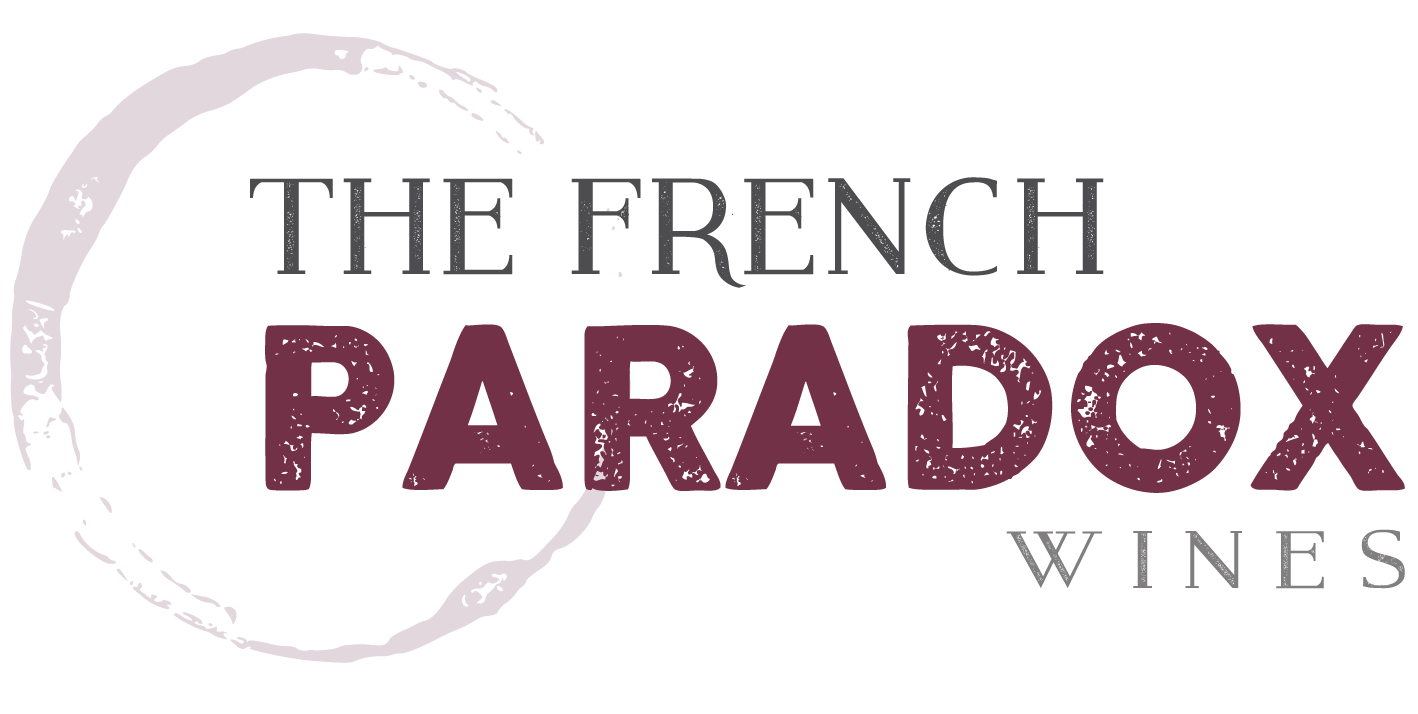All things go out of fashion eventually; many are re-discovered by a subsequent or future generation. Cocktails are perhaps exceptional in that they were fashionable for about 80 of the past 100 years. As a soon-to-be senior and an amateur alcohol historian, I can easily recall the cocktails of the 60’s and 70’s and my curiosity (and profession) led me to learn about spirits and other alcoholic beverages from decades before. I think that ‘shooters’ (remember ‘Sex on the Beach’?) supplanted cocktails, as ‘white’ spirits supplanted ‘brown’. Sweet, fruity drinks became fashionable, frozen drinks proliferated and blenders meant that bartenders no longer needed to be precise (the 80’s & 90’s were dark days in the bar biz as, behind the bar, sex appeal replaced professionalism .)
Now, word on the street has it that consumers are ga-ga for cocktails. Frankly, you can count me as a skeptic; I believe that the public isn’t nearly as excited about cocktails as are bartenders, who are working to inflate their own importance. But whether creative cocktails are your thing, or you’re merely looking to upgrade your time-honored classics, many high quality, interesting and formerly fashionable products have reappeared over the past few years.
The name “vermouth” is the French pronunciation of the German word ‘Wermut’ (for wormwood) which has been used as an ingredient in the beverage throughout its history. Vermouth (which no longer contains wormwood) is a fortified wine, meaning that distilled spirits are added to wine. Vermouth is produced by starting with a base of a wine (almost always white!) or unfermented grape must. The manufacturer adds alcohol and a proprietary mixture of dry ingredients, consisting of aromatic herbs, roots, and barks, to the base wine, (or base wine plus spirit or spirit only.) After the wine is aromatized and fortified, the vermouth is sweetened with either cane sugar or caramelized sugar, depending on the style. Thought to be invented in northern Italy in the 16th century (as a medicinal elixir), vermouth crossed the Alps into France by the 18th century, and was swiftly incorporated into French culture, again, first as a medicine, and then as an aperitif. The 19th century saw its use as an ingredient in cocktails.
It’s likely that that fall of the cocktail mirrored the fall of the quality of vermouth. Mass production and worldwide shipping of the most popular brands (Martini & Rossi, anyone?) certainly didn’t positively impact quality and while the additional alcohol added to the base wine does act as a preservative, the shelf life of most vermouths is measured in weeks, not months or years. Did Churchill merely glance at the vermouth bottle because the stale stuff inside wouldn’t enhance the gin in his Martini?
Strictly speaking, it’s not a cocktail if bitters are not used, but I’m not sure that anyone really cares. Quality vermouths (and other wine-based, aromatized and fortified beverages) enhance the cocktail by adding sweetness and/or bitterness, herbal and/or fruit and floral flavors (or all of the above). Historically, alcoholic beverages were not the polished, smooth, well conceived sippable products that we’ve become used to. (Quality control is pretty much a modern occurrence). One can imagine the practice of adding something to moderate the presence of alcohol. And since refrigeration (another modern convenience) hadn’t been invented and fruits and sugars were anything but ubiquitous, then the practice of of creating a (relatively) shelf stable product to add to the coarse rye whiskey that Grandpa stirred up, makes perfect sense.
The final question (for today, anyway) is the derivation of the name ‘cocktail’? There are scores of opinions, some of which seem reasonable, mostly referencing the tail feathers of a rooster. However, my favorite is from ‘The Booze Reader: A Soggy Saga of a Man in His Cups’ (1965) by George Bishop, “The word itself stems from the English ‘cock-tail’ which, in the middle 1800’s referred to a woman of easy virtue who was desirable but impure…and was applied to the newly acquired American habit of bastardizing good British Gin with foreign matter, including ice.” Now, that’s a purist.
